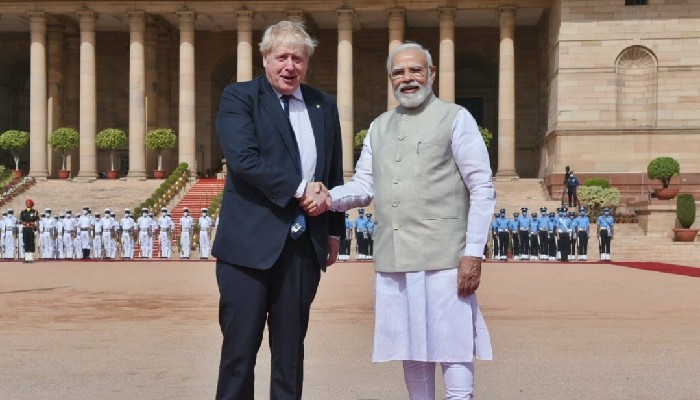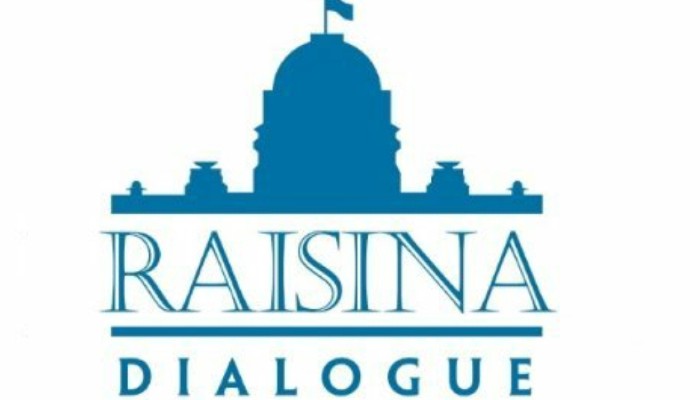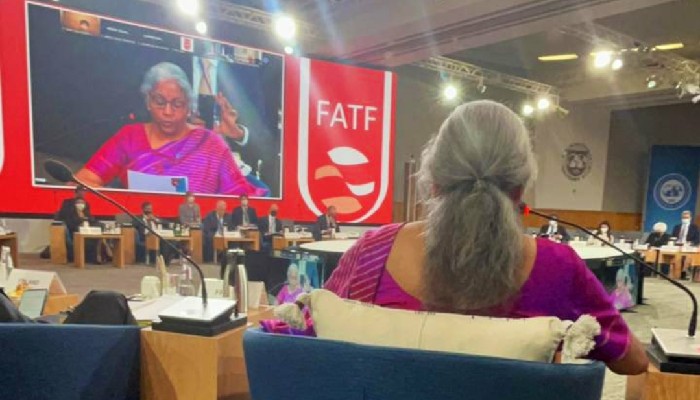Participants discussed the various challenges related to terrorism in their respective countries
The National Investigation Agency of India on Tuesday organised the Colombo Security Conclave Virtual Conference on sharing of experiences in investigation of terrorism cases that saw panelists and participants from India, Maldives, Mauritius, Sri Lanka and Bangladesh.
According to a statement of the National Security Council Secretariat on Tuesday, the conference was one of the engagement activities identified in the Colombo Security Conclave’s Roadmap for Cooperation and Activities for 2022-23. The roadmap was agreed upon by member countries at the 5th NSA level Meeting held in Maldives on March 9-10, the statement said.
Participants discussed the various challenges related to terrorism in their respective countries and shared experiences on prosecution of terrorism cases, strategies to deal with foreign fighters and countering the misuse of internet and social media, it noted.
According to the statement, panelists emphasised on the need for closer cooperation and coordination among member and observer countries of the Colombo Security Conclave for effective investigation and prosecution of terrorism and radicalisation related cases.
Participants agreed to identify specific areas to take forward the cooperation on countering terrorism and radicalisation under the Colombo Security Conclave, it mentioned.
In his statement at the 5th Colombo Security Conclave Meeting in Male, Maldives in March, India’s National Security Advisor Ajit Doval had called for strengthening cooperation amongst maritime neighbours to address shared security challenges and as first responders in the region.
The two-day Conclave was attended by National Security Advisors and representatives from India, Sri Lanka, Maldives, Mauritius, Bangladesh and Seychelles.
The Colombo Security Conclave was founded as a trilateral security framework between India, Sri Lanka and the Maldives with four pillars of security cooperation, covering marine safety and security, human trafficking, counter-terrorism, and cyber security.
 Contact Us
Contact Us  Subscribe Us
Subscribe Us









 Contact Us
Contact Us
 Subscribe
Subscribe
 News Letter
News Letter

